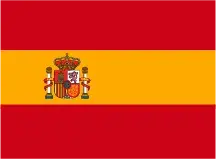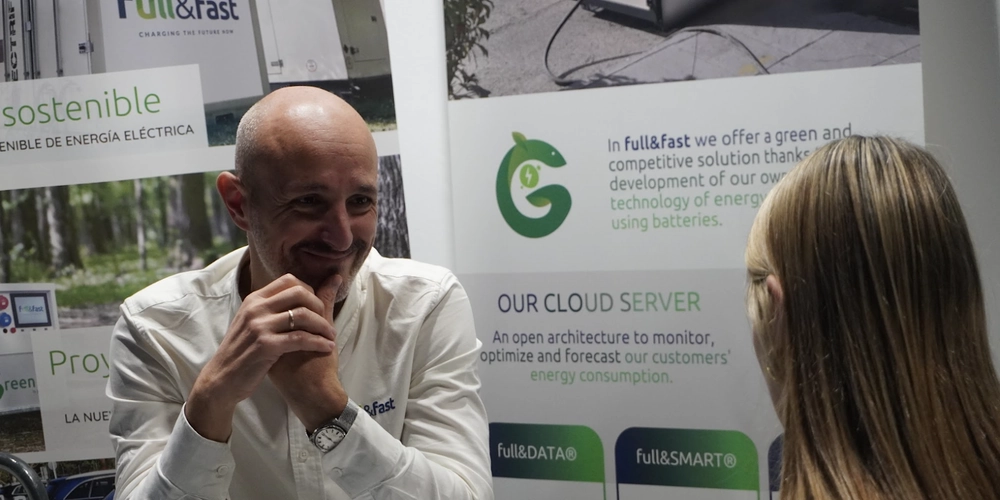full&fast, the Spanish company, once again strengthens its value proposition by expanding its range of solutions for the electrification of vehicle fleets.
What are you up to?
In an exclusive interview with Mobility Portal Europe and within the framework of the Global Mobility Call, the firm details how its strategy is based on providing a comprehensive solution that includes chargers, energy and infrastructure monitoring, all managed under a rental model.
This converts costs into operating expenses (OPEX), not capital investment (CAPEX).
“Electric vehicles, especially in the truck logistics sector, cost two to three times more, so we offer a viable alternative through rental,” explains Pablo Suárez, Head of Operations.
The company, which already stands out for its ability to offer portable chargers of up to 400 kW, is focusing on a comprehensive model that not only facilitates access to sustainable energy, but does so in a cost-effective manner.
In this context, full&fast seeks to democratize access to these technologies, providing added value by offering tools for monitoring the CO2 footprint of its clients.
“Reporting on this has become a necessity for many companies, which in turn need to meet the decarbonisation targets set by European regulations,” he says.
And it underlines the importance of offering a solution that enables companies to meet their environmental commitments.
Although their proposal is mainly focused on freight vehicles, Suárez assures Mobility Portal España: “We have a series of projects aimed at fleets of passenger vehicles.”

And it is not only dedicated to the electrification of fleets.
It also offers a flexible solution for temporary events through the rental of portable equipment.
These alternatives include both chargers and energy storage units, which can cover fast charging needs in short-term situations, such as trade fairs or testing new cars.
“Short-term rental and leasing are increasingly in demand, as not all companies need a permanent infrastructure, but they do need a flexible solution for events,” Suárez points out.
What is the differential value of full&fast?
One of the characteristics that distinguishes the company from others in the sector is its focus on offering a comprehensive solution and constant support.
“It’s not just about installing a charger and forgetting about it, but about providing a solution tailored to the needs of our customers, with a continuous maintenance and monitoring service,” says Suárez.
This is supported by a business model that seeks a long-term relationship with the client, supporting their energy transition process in a smooth and profitable manner.
Despite its initial focus on Spain, the company has plans to expand into other European markets, especially once its technology is fully mature for internationalization.
In this regard, Suárez points out that the electrification process in the national territory is in an initial stage, but with considerable demand.

“93% of transport still uses diesel, which shows the opportunity we have to promote electrification in this sector,” he said.
He added: “However, the regulatory framework is slow and taxation is still not sufficiently conducive to the adoption of electric vehicles.”
Given that the Spanish market is “very sensitive to costs”, this has motivated its proposal to make both prices and associated costs more flexible.
Faced with the growing regulatory pressure that is beginning to emerge in Europe, full&fast sees a clear trend towards electrification in the logistics sector.
“Legislation is becoming increasingly strict and large logistics companies are already demanding solutions that will enable them to meet decarbonisation targets for 2030,” he says.
In this context, full&fast is carrying out projects with leading players in the logistics sector.
“We are working with them not only on the electrification of trucks, but also on creating the infrastructure necessary for the entire logistics chain to be sustainable,” explains Suárez.
And not only that.
It also collaborates with the On Time group, a key player in the consolidation of numerous companies in the logistics sector.
“They are pioneers in the implementation of various technologies and manage highly relevant accounts, such as Coca-Cola, Mercadona, among others,” he says.








